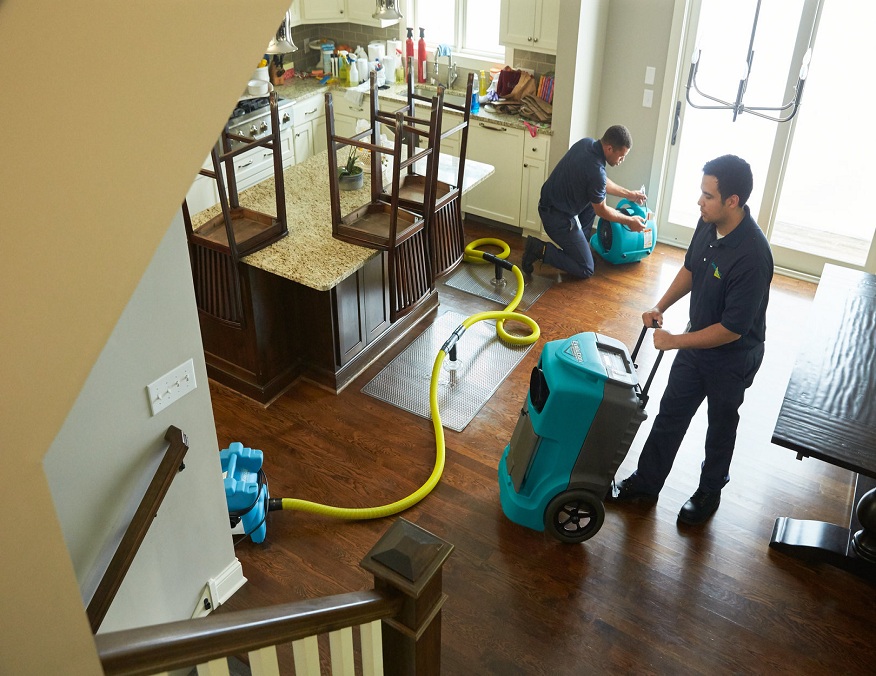Over the past few decades, there has been a significant amount of expansion and change in the hotel industry. More people than ever are visiting hotels, which makes operations busier and more difficult. For hotels of all sizes, property management software has become an effective tool for streamlining operations and increasing productivity. Traditional hotel administration systems are being completely transformed by new technology, which also improves guest service.
Manual System Inefficiencies:
Hotels managed reservations, prices, housekeeping, maintenance, and other aspects of their operations for a long time by hand using manual procedures and paper records. This was fine for smaller businesses, but the manual technique proved to be laborious and prone to mistakes for larger hotels with hundreds of rooms. Employees were not concentrating on visitors; instead, they were wasting time on administrative duties like data input. Getting a complete picture of activities was challenging due to information silos across departments. Additionally, manual systems were inflexible; it was challenging to swiftly adjust to client requests or make last-minute schedule modifications. The emergence of property management software directly tackled these inefficiencies.
Automated Workflows and Centralised Data:
All hotel data is centralized into a single digital hub by property management systems. Schedules, merchandise, pricing, guest information, and more are all saved and available on any device. Data silos across departments are eliminated as a result. With capabilities like digital forms, online booking engines, automated emails, and scheduling tools, the program also automates manual procedures. With a few clicks, for instance, housekeeping schedules based on occupancy can be created. With smartphone apps, tasks like keeping inventory and requesting maintenance are digitalized. Automating tedious tasks frees up staff time to improve the visitor experience.
Improved Understanding Through Analytics:
Hotel Management System can gain strong insights from sophisticated reporting and analytics tools. To identify patterns, property management systems aggregate information from guest reviews, points of sale, and reservations. In addition to income by kind of accommodation, managers can examine occupancy rates by day of the week and whether amenities encourage reservations. Opportunities are identified by the program, such as when to conduct promotions or adjust rates. Problems are more easily identified, for example, if a specific style of accommodation receives more complaints. Analytics offers an ongoing database for strategy and operation optimization.
Enhanced Cooperation and Communication:
Having integrated platforms makes it possible for all hotel employees and outside vendors to communicate together. Managers have digital access to delegate maintenance requests, housekeeping duties, and banquet setups. Employees use a mobile app to access schedules, tasks, and updates from anywhere. Features like internal messaging help to streamline communication. Digital work orders are sent to external vendors such as cleaning agencies. Everyone has instantaneous access to operational data. For flawless service, the software helps departments and partners coordinate.
Better Guest Experience:
In the end, property management systems assist hotels in providing excellent customer service. Front desk staff are better equipped to handle specific requests and resolve problems fast thanks to digital tools. Guests can enjoy flexibility and convenience with self-service kiosks and mobile check-in/out choices. Travellers are kept updated by proactive communication via email and cellphone alerts. Accurate availability and rates are presented thanks to integration with external websites. Modern booking platforms facilitate guests’ search and reservation of the perfect accommodation. Experiences that are smoother and more customized as a result boost visitor happiness and loyalty.
Advantages of Various Types of Hotels:
All sizes of hotels can benefit from property management systems, even if larger hotels were among the first to use them. Previously unattainable functionality is added to small, independent properties. To save time, systems automate processes including reporting, housekeeping, and channel management. Through the promotion of direct bookings, advanced booking engines create a level playing field with major companies. Property management consolidates data from many sites for mid-sized hotels. General and regional managers can view information on each site’s performance from any location.
Hotels in chains and franchises make use of extra amenities. Corporate offices employ property management to deploy updates throughout the system, check brand compliance, and standardize operations. Reservations for rooms are made through preferred channels thanks to advanced inventory management. Recurring visitors will have a flawless experience thanks to integration with POS systems and loyalty programs. Performance patterns and opportunities across the portfolio are revealed by advanced analytics at the chain level.
The Prospects for Property Management:
Property-management software is developing at the same rapid rate as technology. Artificial intelligence and machine learning are available in more systems. AI can provide incredibly individualized service by identifying trends in previous visitor behaviour and preferences. Chatbots and virtual assistants use conversational interfaces to manage routine chores like bookings. Based on economic and event data, predictive analytics forecasts future occupancy or identifies impending maintenance requirements.
Deepening integration is another. Real-time availability and prices are guaranteed through two-way syncing with online travel agents, metasearch engines, and third-party travel sites like Booking.com and Expedia. In-room technology such as TVs, lighting, and thermostats may be controlled directly from the platform via a mobile app thanks to partnerships with manufacturers of smart home appliances. Check-in and check-out are made even easier by contactless technology like voice assistants and mobile keys.
Hotels are positioned to provide new kinds of experiences thanks to augmented and virtual reality. AR directions make navigating vast properties easier. VR tours allow prospective customers to “visit” several room types before making a reservation. 3D floor plans and interactive maps facilitate better wayfinding. AR games and activities in the hotel make family vacations more enjoyable. Technologies that improve service while reducing touch have become more widely used as a result of the pandemic.
Conclusion:
Finally, by streamlining data, streamlining workflows, and offering useful insights, property management software has completely transformed hotel operations. Communication, coordination, and service delivery are all streamlined by these technologies. High levels of personalisation are made possible by cutting-edge features like AI and integration. Achieving optimal performance in the rapidly evolving hospitality business requires smart selection and utilisation of property management.




